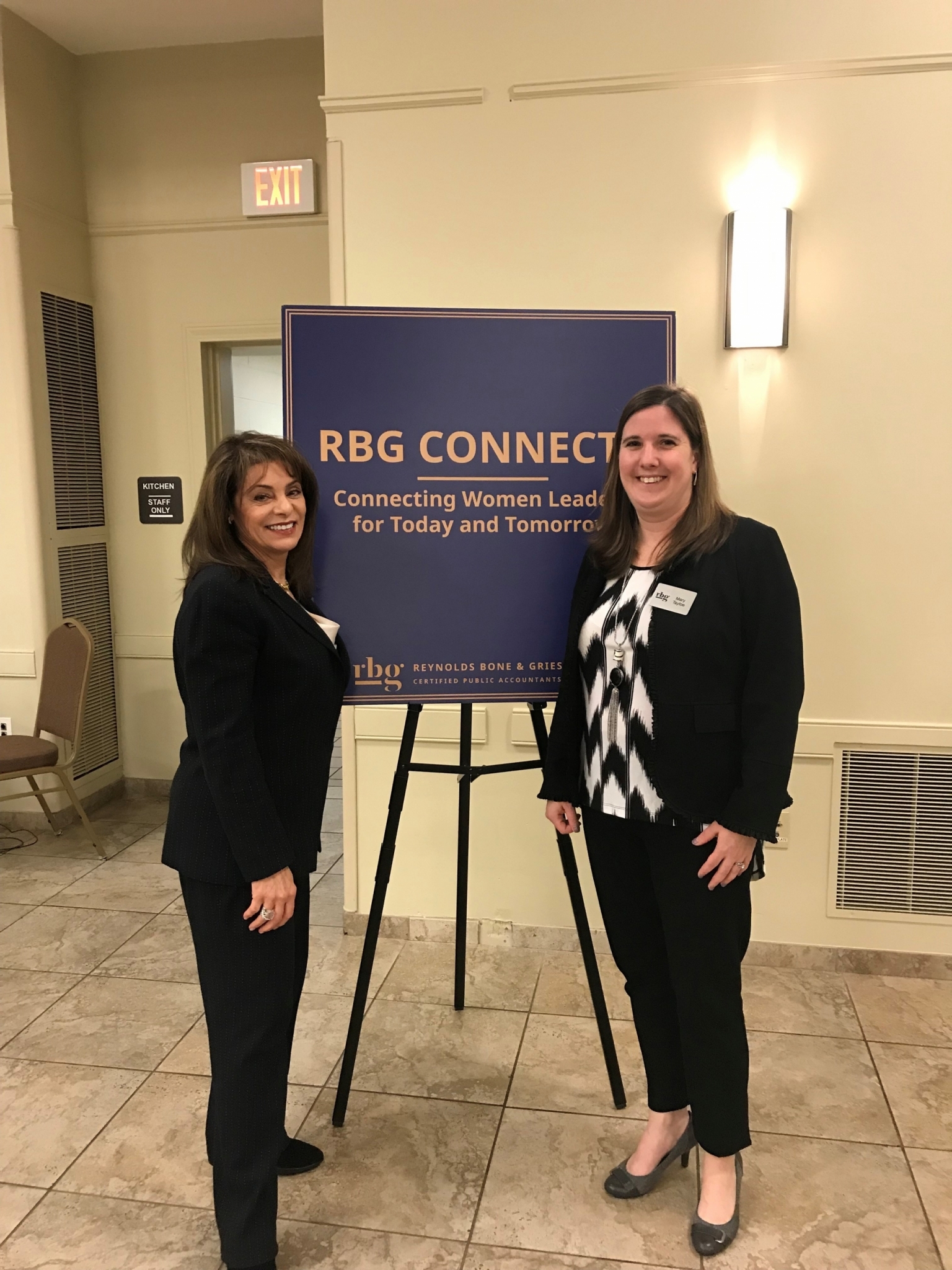New Proposals for Government Programs
The Tax Cuts and Jobs Act delivered a wealth of benefits for taxpayers at every income level, but none more so than for the very rich. The net result of huge tax breaks for both high-income and corporate taxpayers is that the government now faces reduced tax revenues coming in to help pay for government programs. It comes as no surprise, then, that prior to the November 2018 midterm elections, Republican leaders in Congress were calling for cuts to government “entitlement” programs, such as Medicare and Social Security. 
While the word “entitlement” has adopted a negative connotation, it is an accurate description of these programs. In other words, workers pay into the Medicare and Social Security systems through an automatic payroll (FICA) tax throughout their careers. Therefore, when they retire, they are entitled to benefits paid out by those programs. 
Given that cutting benefits or raising the federal retirement age are not popular solutions – particularly among the large (voting) baby boomers population that is in or on the cusp of retirement, other proposals have been suggested to help protect benefits and even provide new ones for the nation’s taxpayers. 
Social Security Lump Sum Benefit
Researchers at the Wharton Business School have come up with a proposal that they say will help the government better fund the Social Security program at its current level of benefits without changing the minimum or full retirement age. The proposal features two key components: 1) incentives to encourage workers to delay retirement and, 2) a method for paying out the increased benefit in a different manner. 
Presently, a retiree who waits to begin drawing benefits at some point beyond age 62 will increase his monthly benefit when he does begin taking them. However, the Wharton proposal suggests that instead of increasing the monthly payout later, the value of that increase would be calculated to determine how much he would receive over his lifetime, and then be paid out as a lump sum when he first begins drawing benefits. He would also receive the same monthly benefit he would have received had he started drawing benefits at age 62. 
For example, let’s say a beneficiary is eligible for $1,500 a month at age 62. Instead of retiring, he delays starting benefits until age 67. At that point, he begins taking his $1,500 a month, but he also gets a one-time, lump-sum benefit of $178,000. The $178,000 is a calculation of his lifetime accrued value of the increased benefit earned by waiting until age 67, only he receives that value in one lump sum in his first benefit check. 
According to the Wharton team, while retirees see an obvious advantage to receiving a lump-sum benefit, what’s interesting is that the new proposal would help prevent the Social Security program from experiencing any additional solvency issues. 
Medicare for All
Both the media and some politicians have referred to a program to provide universal health care to all Americans as “Medicare For All.” While this concept is not popular among conservatives, it’s worth pointing out that we already have a form of this “socialist” styled program – it is the military health care program. Both active duty members of the military and veterans receive medical services from providers and facilities that are owned, trained and paid for by the U.S. government. 
It’s also worth noting that, conversely, the current Medicare system is not a form of socialized medicine. Its services are provided by private physician practices, hospitals and large health care systems, while drugs and medical equipment are developed by private entities. It’s also worth noting that Medicare is not only considered a well-run program with low overhead, it is very popular among beneficiaries. 
For this reason, universal health care based on the Medicare model is not such a far-fetched idea. The primary issue is that it would require all working residents to contribute to funding the program via higher FICA payroll taxes. While workers might not appreciate having more money coming out of their paychecks, they would pay lower out-of-pocket medical expenses for health insurance premiums, co-pays, deductibles and coinsurance. 
Currently, the United States is the only developed country that does not employ a universal health care system. In many countries, health care is offered through a combination of private sector insurers and providers that are paid by the government, much like our current Medicare program.

